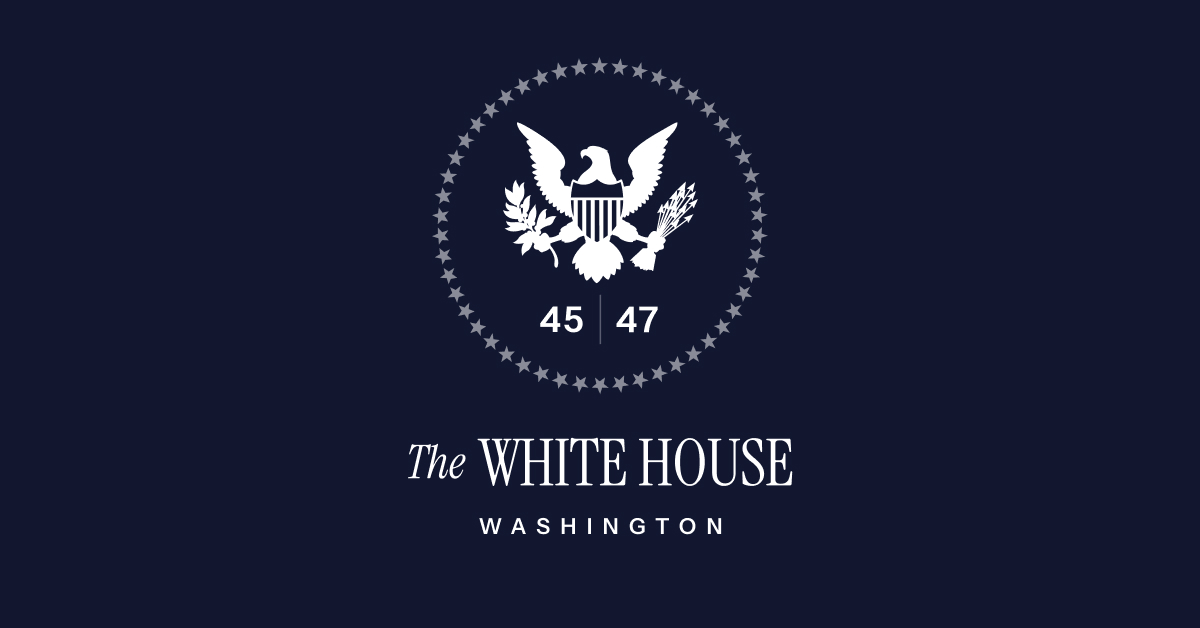The Legality Of Flag Burning: Can You Be Prosecuted?

Welcome to your ultimate source for breaking news, trending updates, and in-depth stories from around the world. Whether it's politics, technology, entertainment, sports, or lifestyle, we bring you real-time updates that keep you informed and ahead of the curve.
Our team works tirelessly to ensure you never miss a moment. From the latest developments in global events to the most talked-about topics on social media, our news platform is designed to deliver accurate and timely information, all in one place.
Stay in the know and join thousands of readers who trust us for reliable, up-to-date content. Explore our expertly curated articles and dive deeper into the stories that matter to you. Visit Best Website now and be part of the conversation. Don't miss out on the headlines that shape our world!
Table of Contents
The Legality of Flag Burning: Can You Be Prosecuted?
The sight of a burning American flag often sparks passionate debate, igniting strong emotions on both sides of the issue. But beyond the heated rhetoric, lies a crucial legal question: is flag burning actually illegal in the United States? The short answer is surprisingly complex, and the long answer involves a landmark Supreme Court case and a continuing conversation about freedom of speech.
A History of Flag Burning Protests
The act of burning a flag, often as a form of protest or political expression, has a long history in the US. From anti-war demonstrations to civil rights activism, flag burning has served as a powerful, albeit controversial, symbol of dissent. This history underscores the importance of understanding the legal framework surrounding this highly charged act.
Texas v. Johnson and the First Amendment
The pivotal case in determining the legality of flag burning is Texas v. Johnson (1989). In this landmark Supreme Court ruling, the court held that burning the American flag is a form of protected speech under the First Amendment's guarantee of freedom of expression. The court recognized that while many find the act offensive, the government cannot prohibit speech simply because it is unpopular or disagreeable. This decision effectively overturned state laws that criminalized flag desecration.
The Ongoing Debate and State-Level Attempts
Despite the Supreme Court's clear ruling, the debate surrounding flag burning persists. Numerous attempts have been made at the state level to pass laws prohibiting flag burning, often framed as acts of respect for the nation's symbol. However, these attempts consistently face legal challenges based on the precedent set by Texas v. Johnson. The Supreme Court's decision firmly established that the government cannot selectively suppress speech based on its content, even if that speech is considered offensive or disrespectful by many.
Understanding the nuances of free speech:
It's important to understand that the protection afforded by the First Amendment isn't absolute. While flag burning is protected speech, other actions related to flag desecration might not be. For example, actions that incite violence or constitute a direct threat are not protected under the First Amendment. The line can be blurry, and any action involving destruction of property or causing harm could lead to prosecution, regardless of the object involved.
Can you still be prosecuted for flag burning?
While burning a flag is constitutionally protected speech under the Texas v. Johnson ruling, prosecution remains unlikely at the federal level. However, state laws that aim to regulate the manner of protest, such as laws prohibiting damage to property or disturbing the peace, could potentially be applied to situations where flag burning leads to such consequences. It's crucial to note that the legality of any action depends heavily on the specific circumstances and whether other laws are violated alongside the act of flag burning itself.
Conclusion:
The legality of flag burning in the United States is a complex issue rooted in the fundamental principles of freedom of speech. While the Supreme Court has firmly established its protection under the First Amendment, the act continues to provoke strong reactions and fuels ongoing debate. Understanding the nuances of this legal landscape, including the limitations of free speech and the potential application of other laws, is crucial for navigating this sensitive area. This means that while burning the flag itself is protected, associated actions that break other laws are not. Always seek legal counsel if you have questions regarding the legality of any form of protest.

Thank you for visiting our website, your trusted source for the latest updates and in-depth coverage on The Legality Of Flag Burning: Can You Be Prosecuted?. We're committed to keeping you informed with timely and accurate information to meet your curiosity and needs.
If you have any questions, suggestions, or feedback, we'd love to hear from you. Your insights are valuable to us and help us improve to serve you better. Feel free to reach out through our contact page.
Don't forget to bookmark our website and check back regularly for the latest headlines and trending topics. See you next time, and thank you for being part of our growing community!
Featured Posts
-
 Schwarbers Historic Night Four Homers Power Phillies To Victory
Aug 30, 2025
Schwarbers Historic Night Four Homers Power Phillies To Victory
Aug 30, 2025 -
 Watch Buckeye Fan Receives Live Tattoo During The Joel Klatt Show
Aug 30, 2025
Watch Buckeye Fan Receives Live Tattoo During The Joel Klatt Show
Aug 30, 2025 -
 Salud De Mariana Botas Actualizacion Sobre Su Padecimiento En La Casa De Los Famosos
Aug 30, 2025
Salud De Mariana Botas Actualizacion Sobre Su Padecimiento En La Casa De Los Famosos
Aug 30, 2025 -
 Phillies Win Schwarbers Four Home Runs Power Victory
Aug 30, 2025
Phillies Win Schwarbers Four Home Runs Power Victory
Aug 30, 2025 -
 Trumps Health Jd Vance Shares The Latest News
Aug 30, 2025
Trumps Health Jd Vance Shares The Latest News
Aug 30, 2025
Latest Posts
-
 Buckeye Fans Live Tattoo A Wild Joel Klatt Show Moment
Aug 30, 2025
Buckeye Fans Live Tattoo A Wild Joel Klatt Show Moment
Aug 30, 2025 -
 T1 Keria Expresses Post Game Confidence After Dominant Hanwha Life Win
Aug 30, 2025
T1 Keria Expresses Post Game Confidence After Dominant Hanwha Life Win
Aug 30, 2025 -
 Royal Rift Deepens Harry Meets Charles William Skips Family Summit
Aug 30, 2025
Royal Rift Deepens Harry Meets Charles William Skips Family Summit
Aug 30, 2025 -
 Robert F Kennedy Jr And The Cdc The White House Weighs In
Aug 30, 2025
Robert F Kennedy Jr And The Cdc The White House Weighs In
Aug 30, 2025 -
 Prince Harrys Uk Return Will He And King Charles Finally Meet
Aug 30, 2025
Prince Harrys Uk Return Will He And King Charles Finally Meet
Aug 30, 2025
